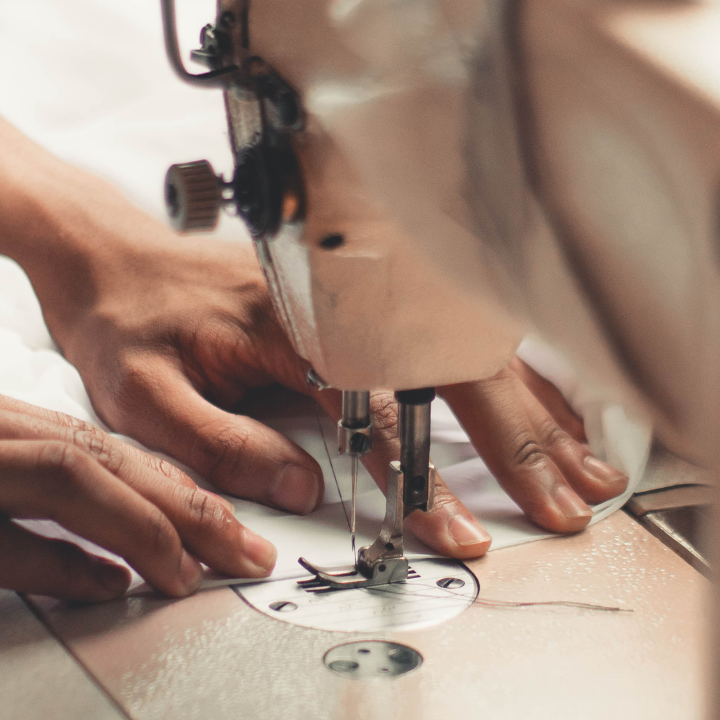UK: Labour rights organisations & investors condemn Boohoo’s slow progress a year on from revelations of labour abuse in UK supply chain

Pexels
In July 2020, Labour Behind the Label published a report detailing labour rights abuses, worker exploitation and dangerous working conditions in garment factories across Leicester. According to the report, employers failed to implement social distancing measures within factories and workers were told to come into work despite having tested positive for Covid-19. These revelations followed warnings by labour rights activists about working conditions in Leicester’s garment industry and came just a week after it was reported Boohoo executives intend to pay themselves £150 million bonuses amid soaring sales during lockdown.
Boohoo orders account for at least 75% of work in the city’s garment manufacturing sector and labour rights organisations called on the company to provide greater transparency on its supply chains so the practices of its suppliers can be scrutinised. Boohoo did not respond to BHRRC’s survey on fashion brands' response to the pandemic which informs our COVID-19 apparel tracker.
In September 2020, Boohoo committed to action following an independent review by Alison Levitt QC which found 'failings' including low pay and poor working conditions. The company laid out six steps it was taking to improve governance, including the formation of two committees to oversee risks to the business and its supply chain compliance. The retailer subsequently appointed Sir Brian Leveson to oversee its supply chain overhaul, who published three reports on January 2021 , March 2021 and February 2022. Leveson stated that “doing nothing was not an option”.
The fast fashion e-tailer published a list of its suppliers in March 2021 after cutting ties with hundreds of suppliers over labour rights concerns. In the same month, US Customs and Border Protection launched an investigation into Boohoo and considered an import ban following a complaint filed by campaign group Liberty Shared.
In April 2021, the UK Government announced its plans to establish a new watchdog tasked with protecting the rights of UK workers. The announcement came after revelations of labour abuse and poor working conditions in Boohoo’s UK supply chains.
Almost a year after the allegations were made public, BHRRC, Labour Behind the Label and ShareAction have expressed concern over Boohoo’s slow progress in addressing labour rights abuses and worker exploitation in its supply chains. The statement highlights the company’s insistence on paying suppliers low prices as a key factor in driving illegally low wages.
Thulsi Narayanasamy, Senior Labour Researcher at BHRRC said: “Adopting policies and implementing them are two very different things. It appears the Boohoo Group is going to great lengths to appear committed to change, but this hasn’t necessarily translated into action. Sources in Leicester suggest there is serious cause for concern with workers still being paid well below the minimum wage at £5 – 5.50 an hour. By over-emphasising the role of factories, Boohoo is wrongly exonerated for its central role in creating the necessary conditions of labour abuses.”